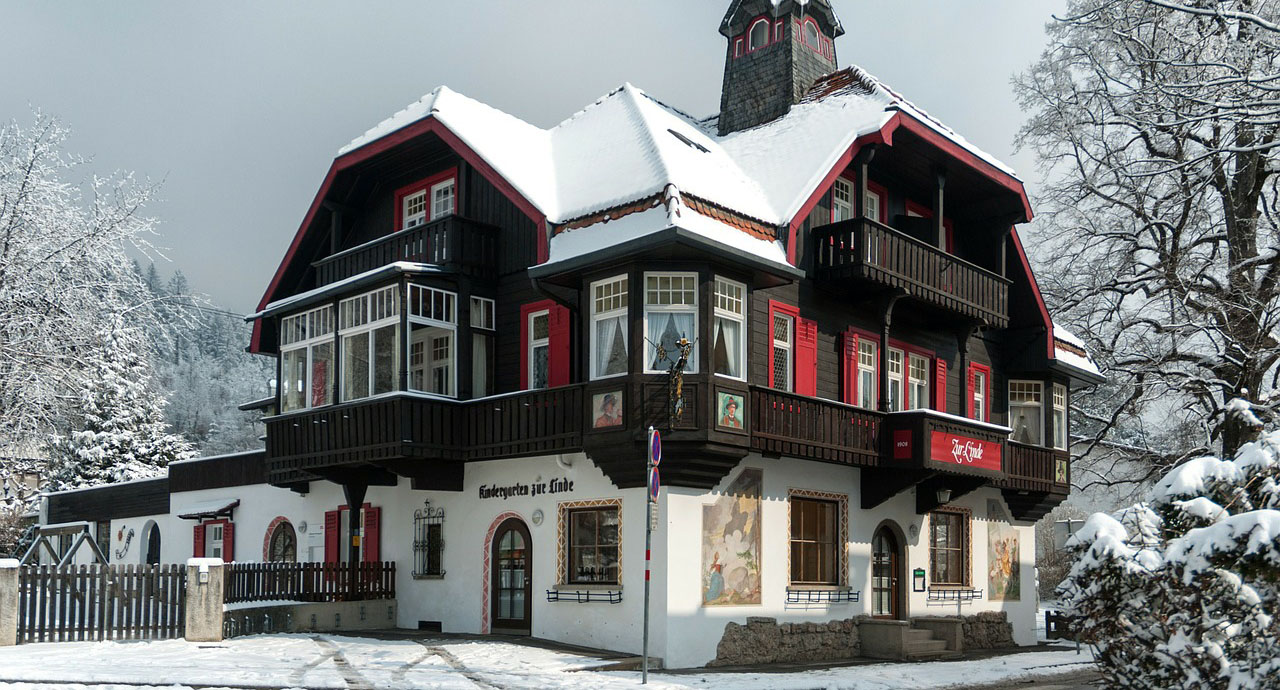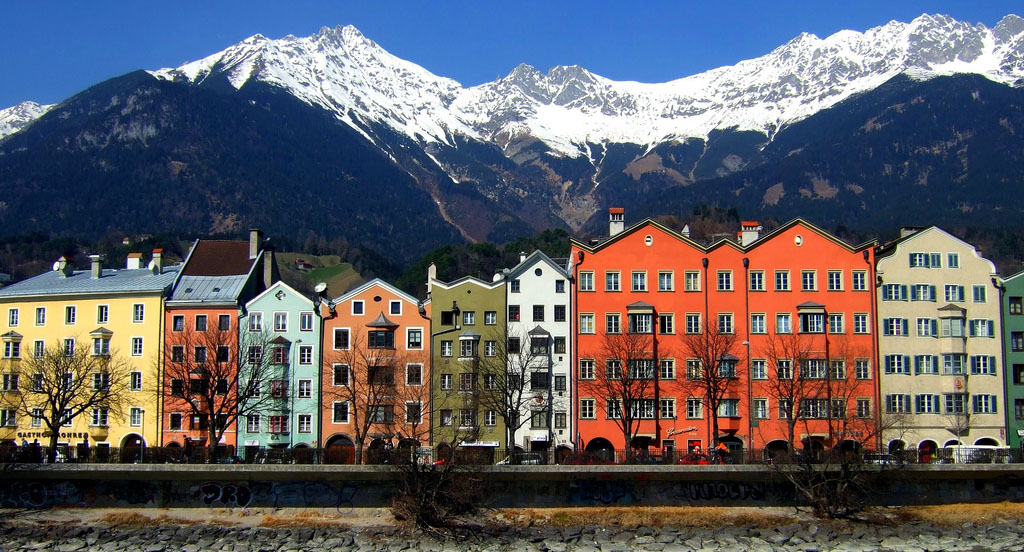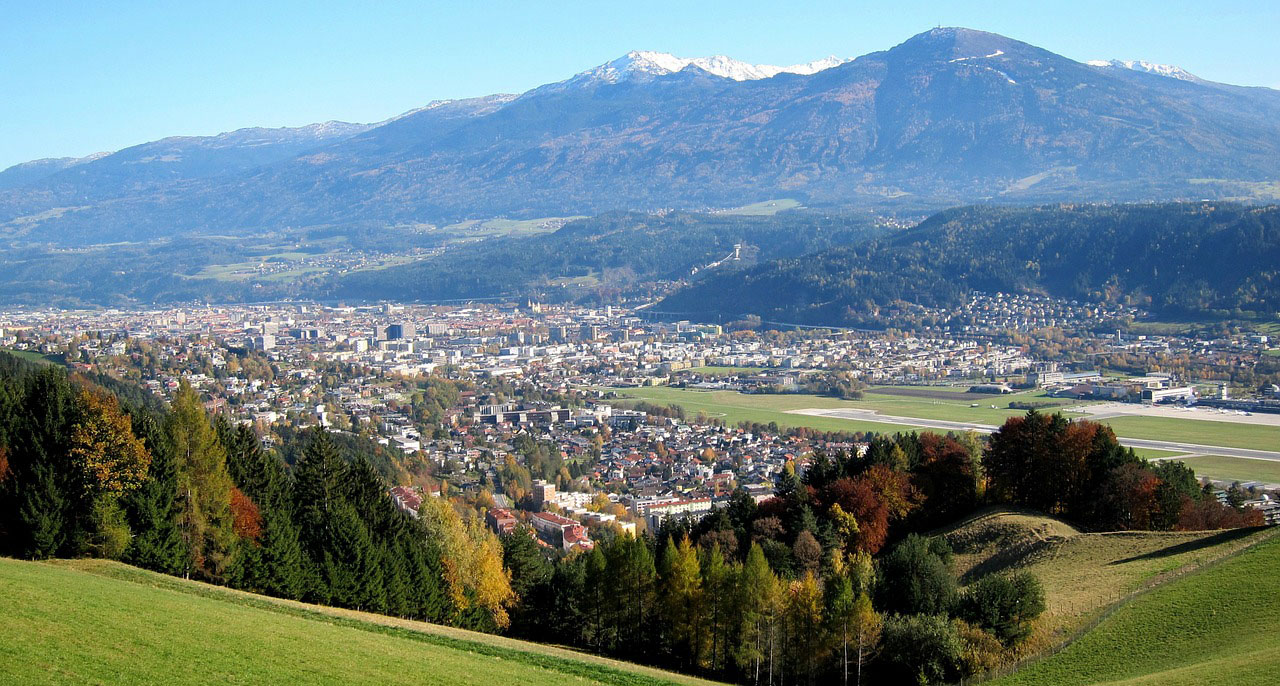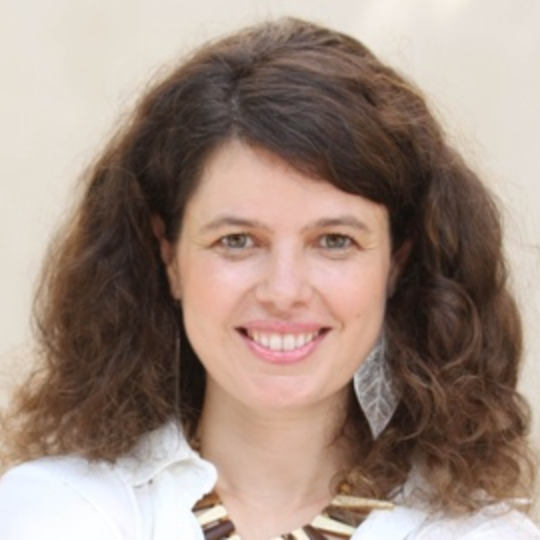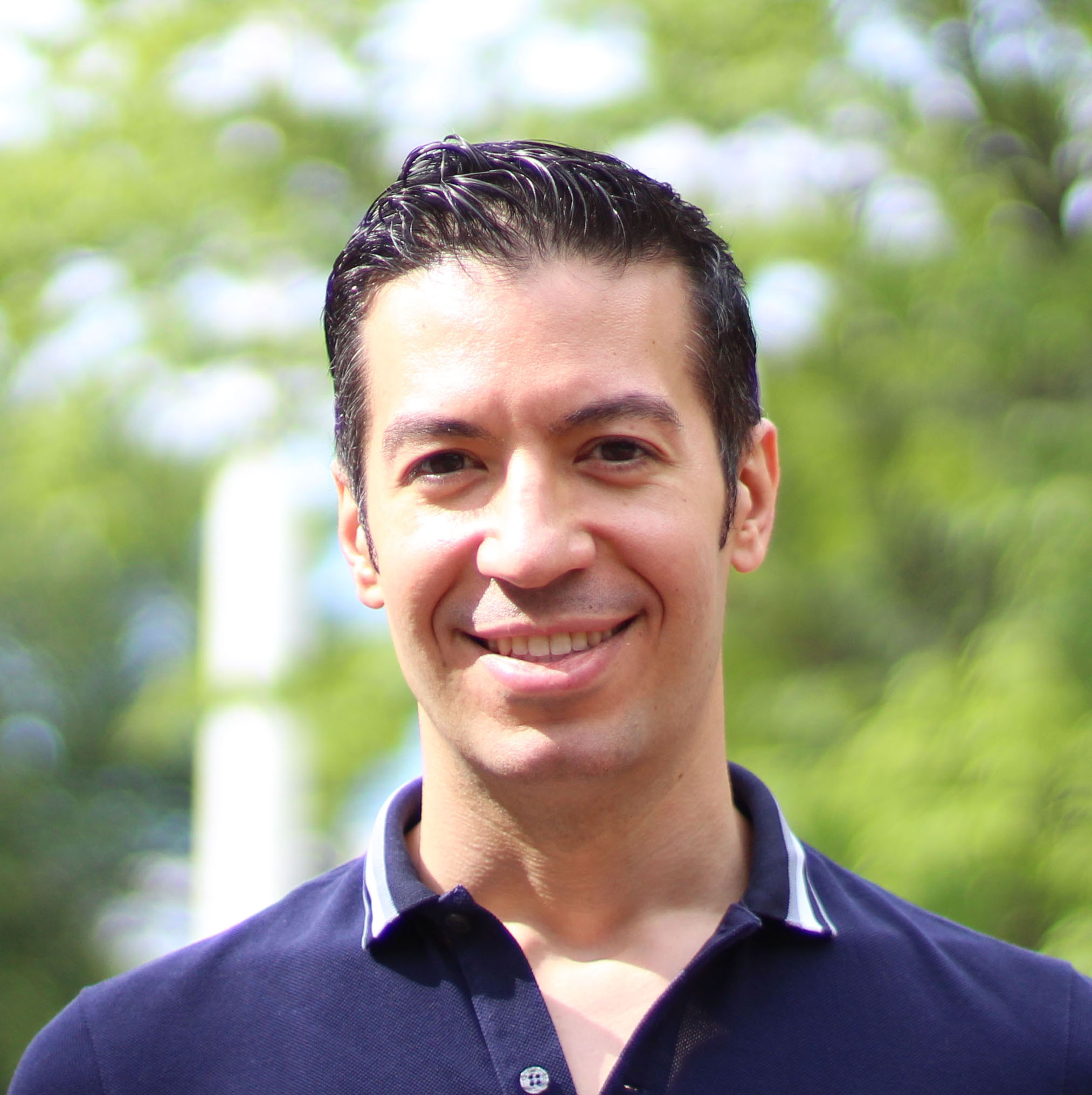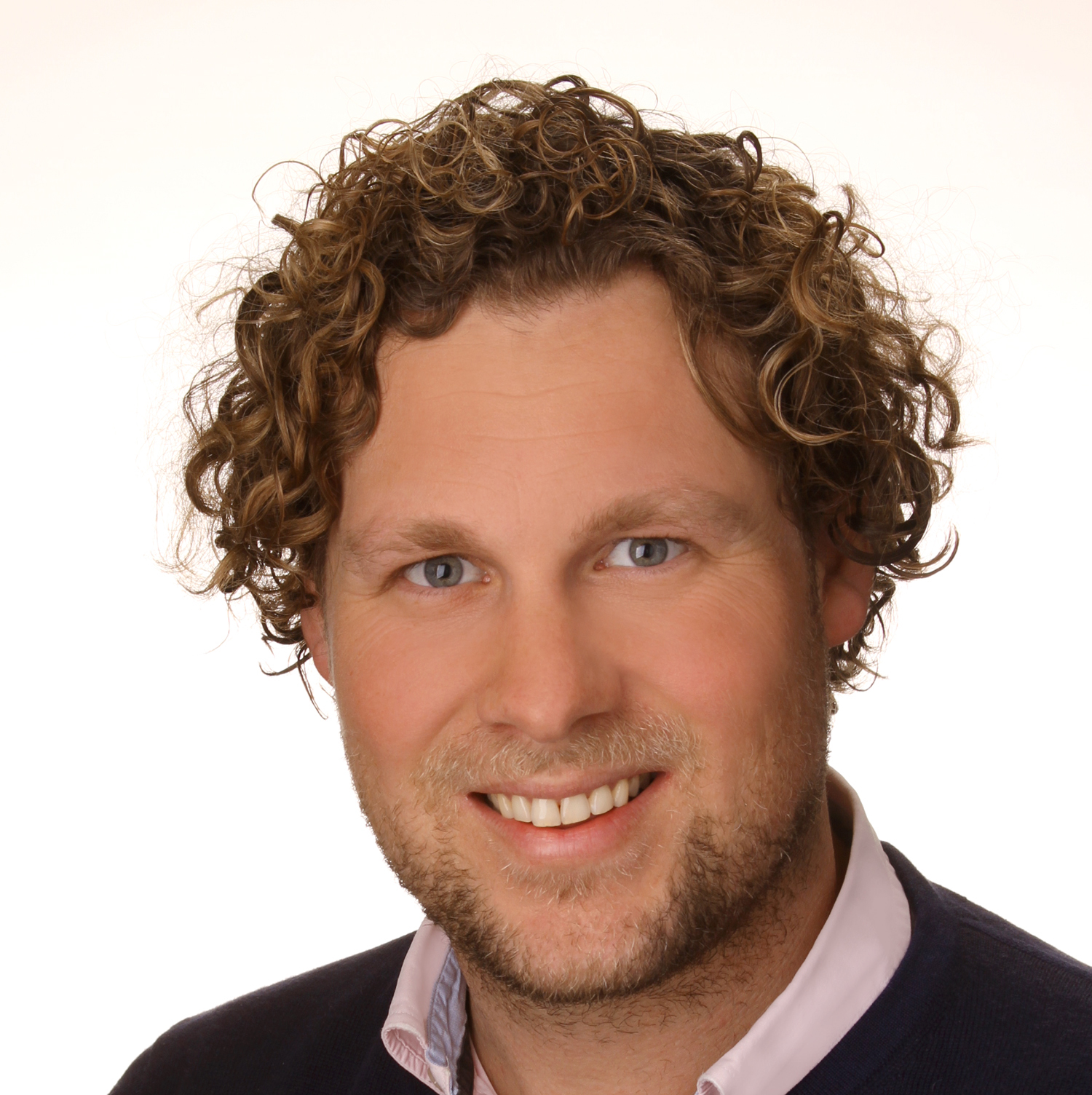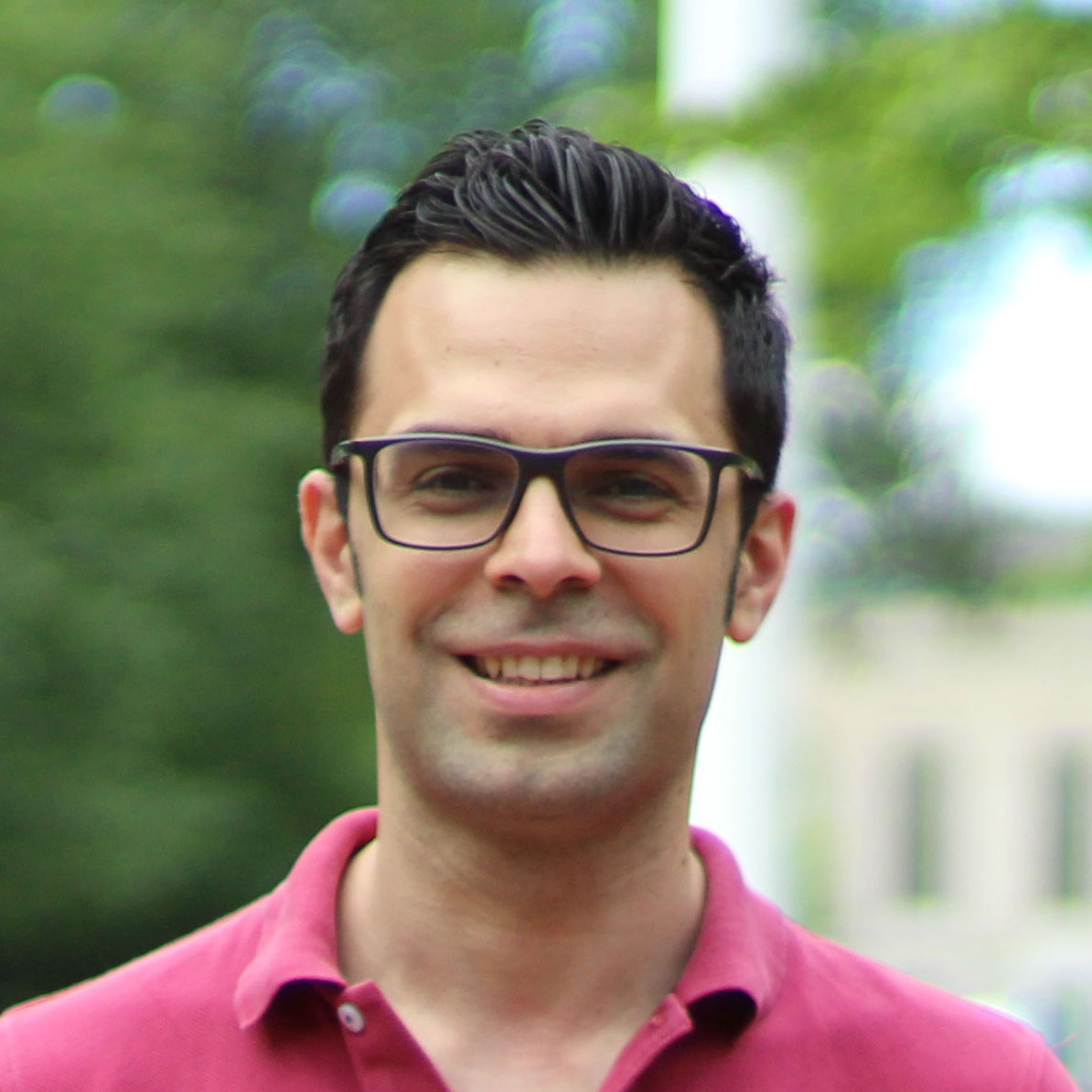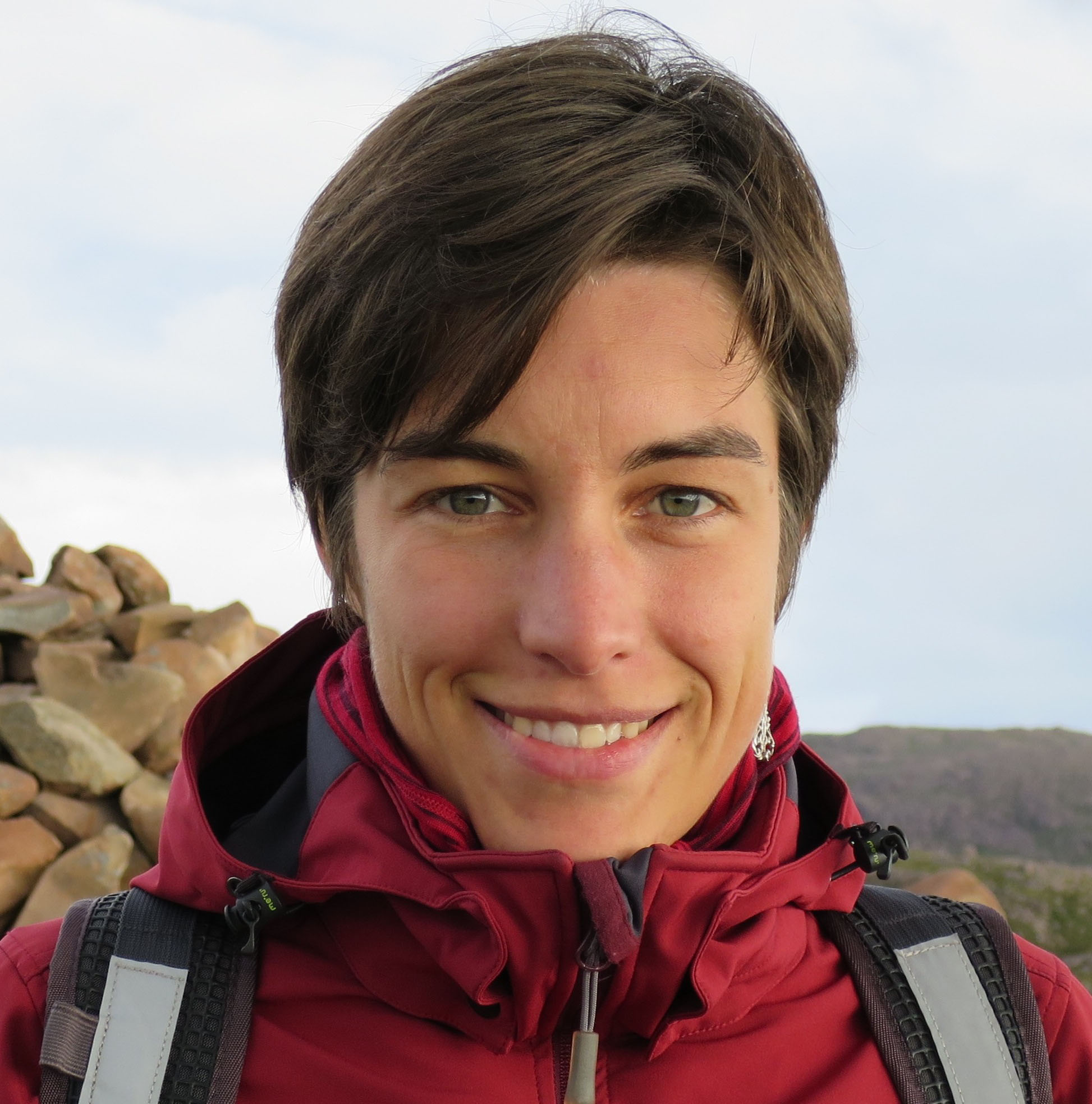Andalusian Spanish, a variety of the Spanish spoken in southern Spain, has become the subject of many scholarly articles in recent years. Arguably, it could be stated that within the continuum of sub- varieties of Iberian Spanish, the linguistic features of Andalusian Spanish have received the most attention in past literature (Mondéjar 2006). Despite the quantity and quality of the current body of publications, this research has not fully incorporated the methodological practices of recent innovative linguistic research (e.g., statistical, methodological). Recent years have brought renewed attention to the features Andalusian varieties within the frameworks of laboratory phonology (e.g., Henriksen 2017, Ruch & Harrington 2014, Parrell 2012, Torreira 2012), few aspects of morpho- syntaxes (Méndez García de Paredes 2011), linguistic landscapes (e.g., Harjus 2017, Monjour 2014, Pons 2011), perceptual dialectology (e.g., Harjus 2016, Chariatte 2015), and sociophonetics (e.g., Regan 2017, Lasarte 2010, García-Amaya 2008, Melguizo 2007). Such studies open the horizon for new research questions concerning the linguistic features of Andalusian Spanish, and of its sub- varieties. Substantial gaps of knowledge on Andalusian Spanish remain in the areas of sound change, the perception-production relationship, morpho-syntax, the influence of social factors, urban vs. rural varieties, language policy, and linguistic-discursive place-making.
We welcome submissions from various linguistic perspectives, including (but not limited to): socio-phonic, morpho-syntactic, sociolinguistic, pragmatic, and linguistic-discursive. Submissions may employ a synchronic or diachronic perspective. We are planning the publication of selected papers in the special issue of a journal.
We invite submissions for oral presentation (20 minutes + 10 minutes of discussion) or for poster presentation. We invite abstracts of up to 500 words (excluding title and references). A second page may be included for graphs, figures, and references. Authors may submit up to two abstracts, one individual and one joint. Abstracts will be subjected to double-blind peer review; author names should not appear anywhere on abstracts. Abstracts should be submitted in the language of their presentation (Spanish, English, or German).
Abstract submission opens August 14, 2017. All submissions must be received by 11:59pm (GMT) on November 30, 2017, at the following email address:
andaluz2018@uibk.ac.at

